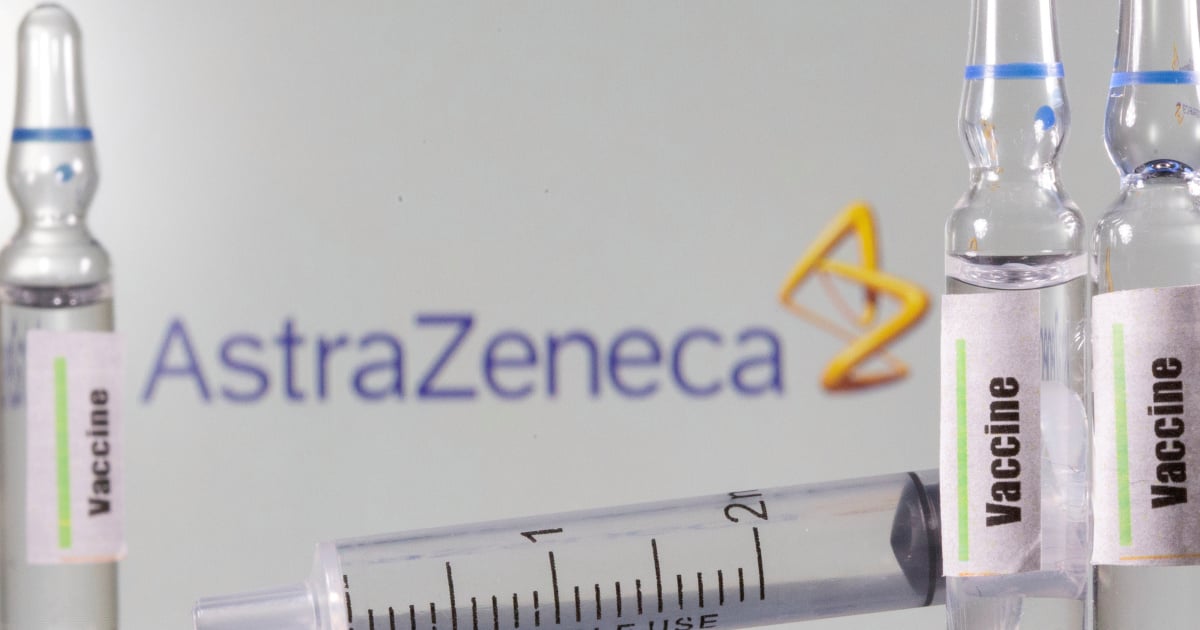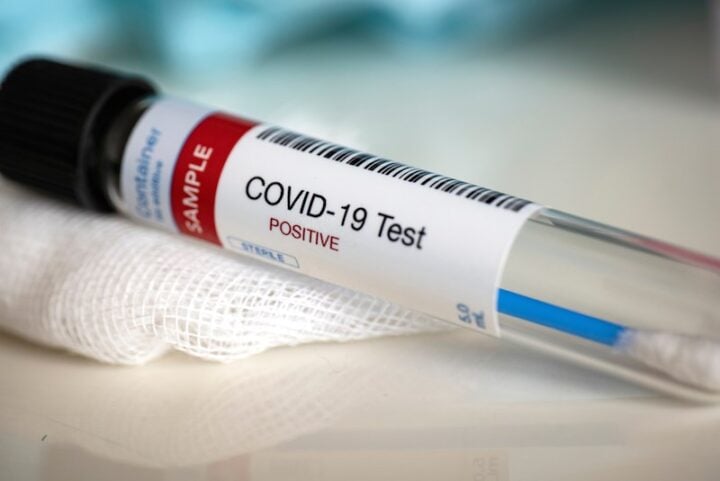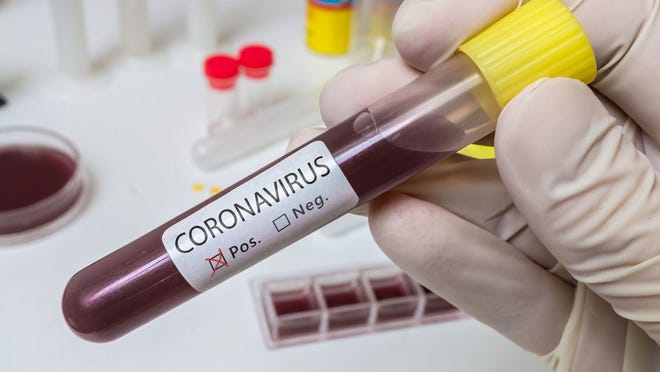FILE PHOTO: A test tube labelled vaccine is seen in front of AstraZeneca logo in this illustration taken, September 9, 2020. REUTERS/Dado Ruvic/Illustration/File Photo/File Photo
Faisal Shuaib, executive director of the National Primary Health Care Development Agency (NPHCDA), says the National Agency for Food and Drug Administration and Control (NAFDAC) will assess the AstraZeneca COVID-19 vaccine before it is distributed to Nigerians.
Shuaib disclosed this on Monday during the media briefing of the presidential task force (PTF) on COVID-19 in Abuja.
On February 18, NAFDAC approved the Oxford/AstraZeneca vaccine for emergency use, after evaluation showed that it was “safe and well-tolerated in adults above 18 years of age”.
The NPHCDA is charged with the responsibility of distributing the vaccine.
Advertisement
According to Shuaib, the shipment of four out of 16 million doses is expected in the country within one week, and NAFDAC would still need to assess samples of the vaccine.
“When the vaccine arrives the country, NAFDAC will still take samples for assessment before we commence COVID-19 vaccination,” he said.
“As of today, purchase orders have been raised by UNICEF supply division for the AstraZeneca vaccine. Under normal circumstances, with routine immunisation vaccines, it takes two weeks from when the purchase order is raised to when we receive the vaccine in Nigeria.
Advertisement
“However, because this is an emergency situation, we have been informed by UNICEF that this process will be fast-tracked to potentially ensure that the vaccines arrive Nigeria within one week. As soon as we receive confirmation on the date of arrival, we will also inform Nigerians.”
He also explained how the doses would be handled when they arrive from the manufacturers.
“Permit me to reiterate our capacity to store and manage the vaccine. The cold chain requirement for AstraZeneca vaccine is +2°C to +8°C. The vaccines will be stored in walk-in cold rooms (WICR) at the national, zonal and state levels,” Shuaib said.
“At the LGA level, the vaccines will be stored in vaccine refrigerators and at health facilities with solar direct drive cold chain equipment. These will also store the vaccines during implementation.
Advertisement
“Approximately, 7,500 political wards in the country have solar direct drive (SDD) refrigerators to store vaccines even where there is no electricity supply. In the meantime, those wards without SDDs will be supported from neighbouring health facilities.”
Add a comment






